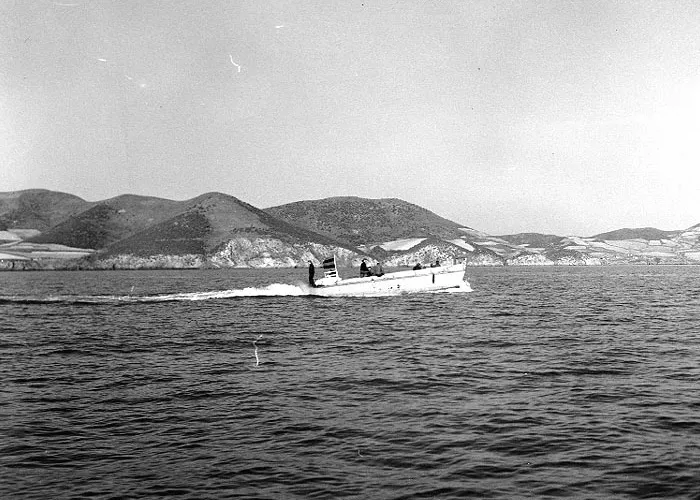Canada has a rich and complex history, filled with events that shaped its political, social, and economic development. May 9 has been a significant date in Canada’s past, with important moments in politics, military history, Indigenous affairs, and cultural evolution. This article explores the key events that took place on May 9 throughout Canadian history, detailing their significance and lasting impact.
What Happened on May 9 in Canadian History?
1. The Birth of Sir John Sparrow David Thompson (1845)
One of the most notable events on May 9 in Canadian history was the birth of Sir John Sparrow David Thompson in 1845. Thompson was born in Halifax, Nova Scotia. He became the fourth Prime Minister of Canada, serving from 1892 until his untimely death in 1894. Thompson was a strong advocate for legal reform and worked to strengthen Canada’s justice system. He played a key role in expanding Canada’s autonomy from Britain. Despite his short tenure as prime minister, he left a lasting impact on Canadian law and governance.
2. The Royal Canadian Navy in World War II (1942)
During World War II, Canada played a vital role in the Battle of the Atlantic. On May 9, 1942, the Royal Canadian Navy (RCN) was involved in a significant battle against German U-boats. The battle took place in the North Atlantic, where Canadian warships escorted Allied convoys. U-boats posed a serious threat to supply lines between North America and Europe. The RCN was responsible for protecting these vital routes. On this day, Canadian sailors engaged in intense combat, contributing to the eventual success of the Allies in controlling the Atlantic Ocean.
3. The Signing of the Treaty of Washington (1871)
The Treaty of Washington was signed on May 8, 1871, but its ratification process extended into May 9. This treaty resolved several disputes between Canada and the United States, including the Alabama Claims and issues regarding fishing rights. The treaty had a major impact on Canadian-American relations. It allowed for peaceful negotiations over boundary disputes and established the foundation for cooperation between the two nations. The agreement also led to improved trade and diplomatic ties between Canada and the United States.
4. The Creation of the Newfoundland Regiment (1914)
On May 9, 1914, the Newfoundland government officially approved the formation of the Newfoundland Regiment. This military unit played a crucial role in World War I. The regiment gained recognition for its bravery at the Battle of Beaumont-Hamel on July 1, 1916. The regiment’s efforts contributed to Newfoundland’s historical identity and its eventual entry into the Canadian Confederation in 1949. The establishment of the regiment on May 9 marked a significant moment in Newfoundland’s military history.
5. The Battle of Hill 187 in the Korean War (1953)
Canada was actively involved in the Korean War, contributing troops under the United Nations command. On May 9, 1953, Canadian forces fought in the Battle of Hill 187. This battle took place during the final months of the Korean War. Canadian soldiers defended their positions against heavy Chinese attacks. The battle demonstrated the bravery and resilience of the Canadian Army. It also solidified Canada’s reputation as a committed ally in international conflicts. The Korean War marked Canada’s continued involvement in global peacekeeping missions.
6. The Official Opening of the Trans-Canada Highway in British Columbia (1962)
On May 9, 1962, British Columbia officially opened its section of the Trans-Canada Highway. This highway was one of the largest infrastructure projects in Canadian history. It connected the country from coast to coast, making transportation more efficient. The highway played a key role in economic growth by facilitating trade and tourism. The completion of the British Columbia section was an important milestone in Canada’s national transportation system.
7. The Quebec Referendum on Sovereignty-Association (1980)
Although the Quebec Referendum took place on May 20, 1980, the lead-up to this historic event included key developments on May 9. On this day, debates and political campaigns intensified. The referendum was a major turning point in Canadian history. It asked Quebecers whether they wanted the province to negotiate sovereignty while maintaining an economic association with Canada. The vote ultimately resulted in a rejection of sovereignty, but it sparked continued discussions about Quebec’s place in Canada. May 9 was a crucial day in the final efforts of both federalists and separatists to sway public opinion.
8. The Formation of Nunavut’s Government (1999)
Nunavut officially became Canada’s newest territory on April 1, 1999, but its government structures continued to develop in the following months. On May 9, 1999, Nunavut took further steps in forming its territorial administration. This included appointing key officials and establishing governance policies. The creation of Nunavut marked a major achievement for Indigenous self-governance. It gave the Inuit population greater control over their political and economic future. May 9 was an important date in Nunavut’s transition toward a fully operational government.
9. The Establishment of the National Day of Honour (2014)
On May 9, 2014, Canada observed the first National Day of Honour. This day was dedicated to recognizing the contributions of Canadian soldiers in the Afghanistan War. The war lasted from 2001 to 2014, and Canada played a significant role in combat and reconstruction efforts. The National Day of Honour included ceremonies across the country, with a major event in Ottawa attended by veterans and government officials. This day ensured that the sacrifices of Canadian troops were remembered and honored.
Conclusion
May 9 has been a historically significant day in Canada. From political developments to military engagements, this date has witnessed events that shaped the nation’s history. The birth of Sir John Thompson, the efforts of the Royal Canadian Navy in World War II, and the opening of the Trans-Canada Highway all highlight Canada’s growth and evolution. These events continue to influence modern Canada, shaping its policies, identity, and global role. By understanding these historical moments, Canadians can appreciate the legacy of their past and its impact on the present.
Related Topics:

